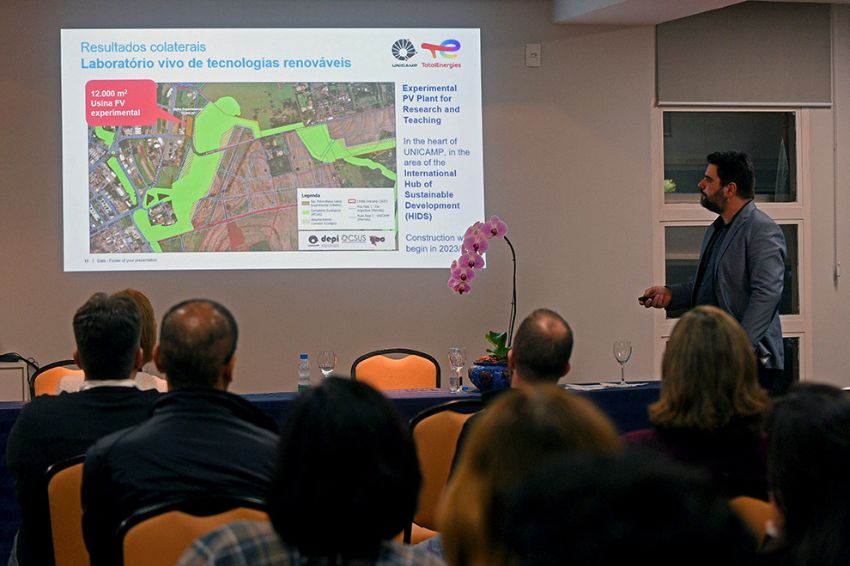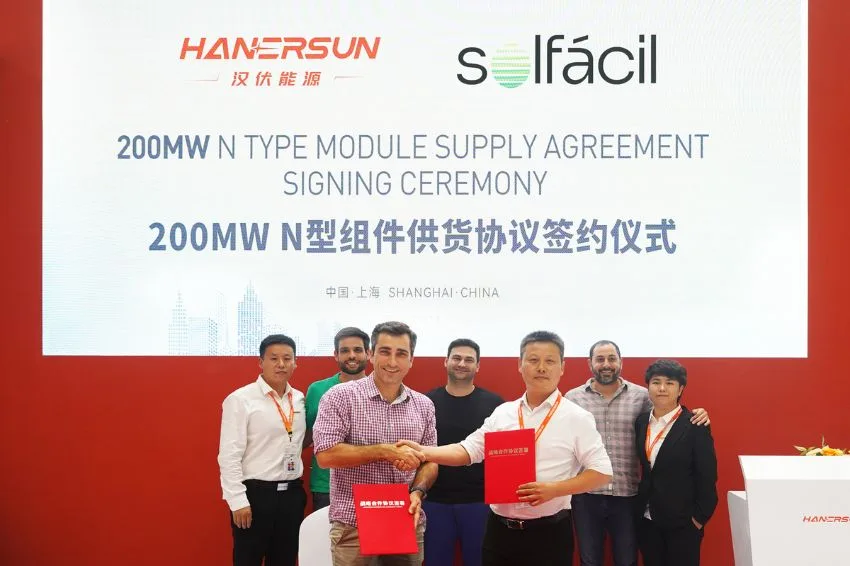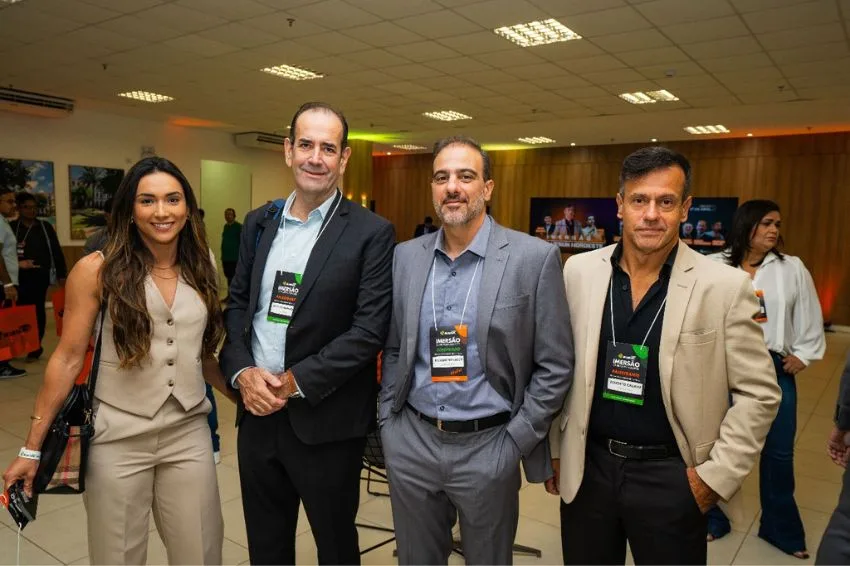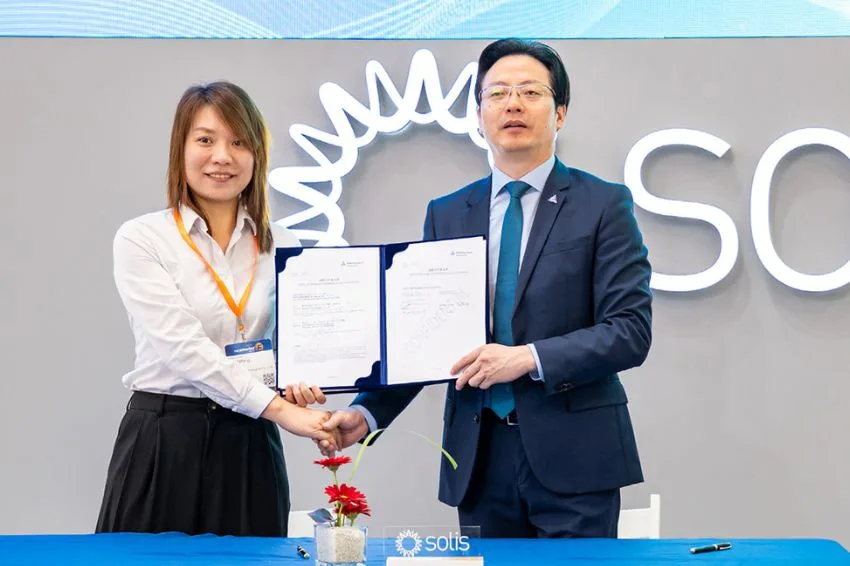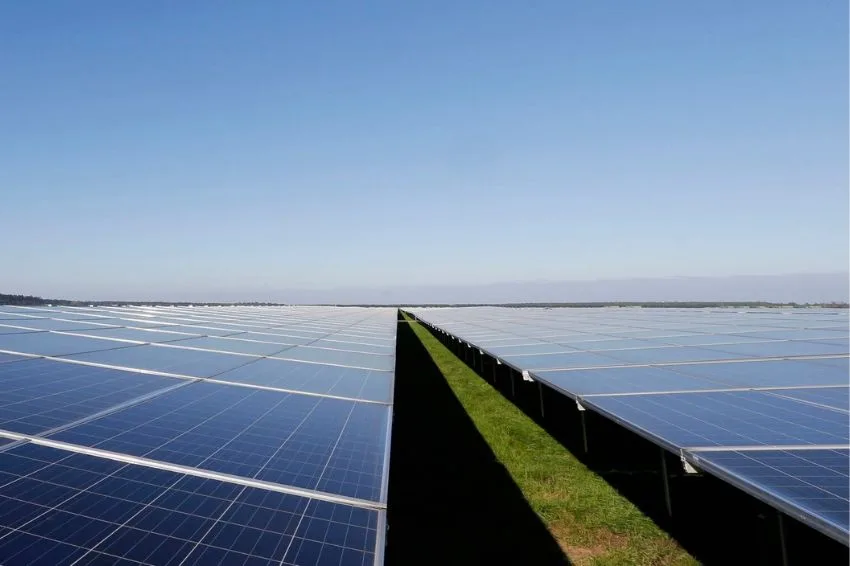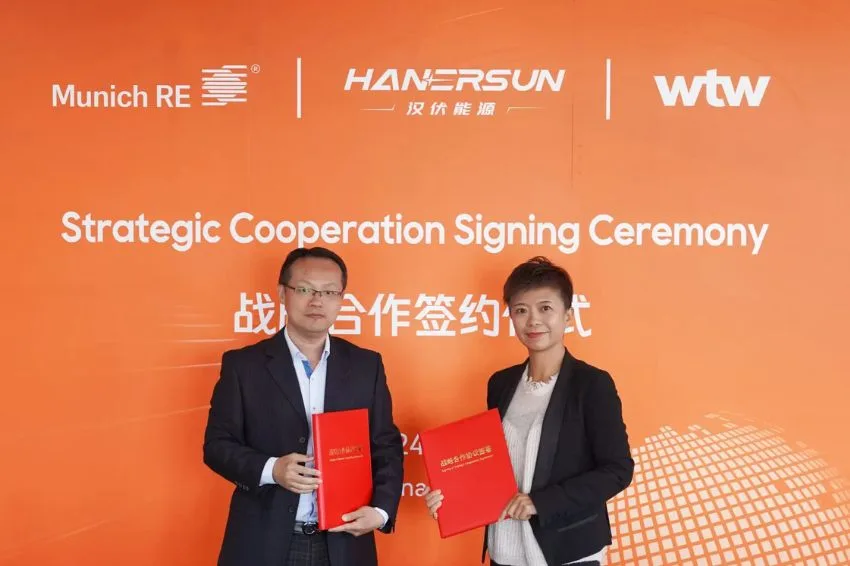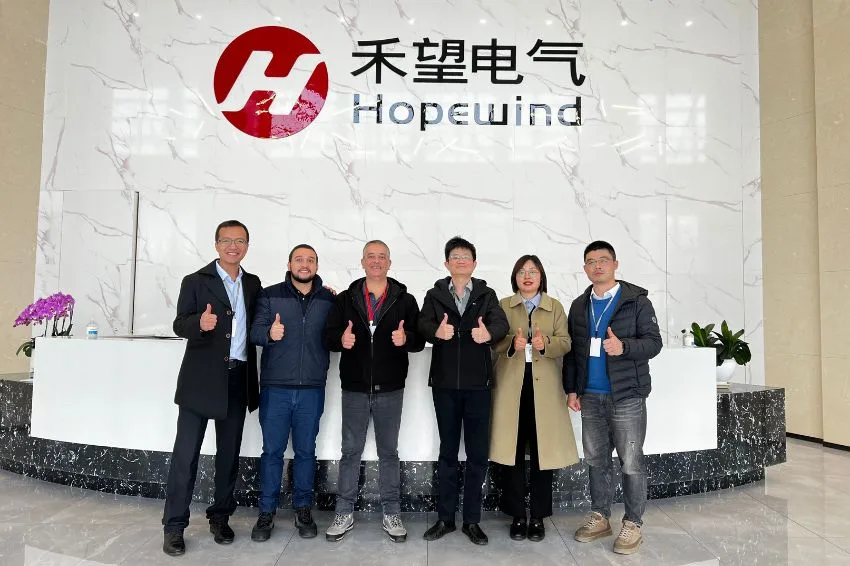The French multinational TotalEnergies and the Unicamp (State University of Campinas) signed a agreement to develop research for the solar energy and battery sector in the amount of R$ 22.9 million.
With duration of three years, the agreement provides for the holding of six projects, Besides the construction of a photovoltaic plant at the HIDS (International Hub for Sustainable Development) of Unicamp and renovation of research laboratories of the university.
Among the projects to be developed by the partnership is advanced modeling and monitoring of photovoltaic plants with so-called “digital twins”, which are a type of digital clone of a plant.
O agreement was signed by the dean of Unicamp, professor Antonio José de Almeida Meirelles, and by the company's director of Research and Development, Isabel Waclawek, at an event held at the university itself.
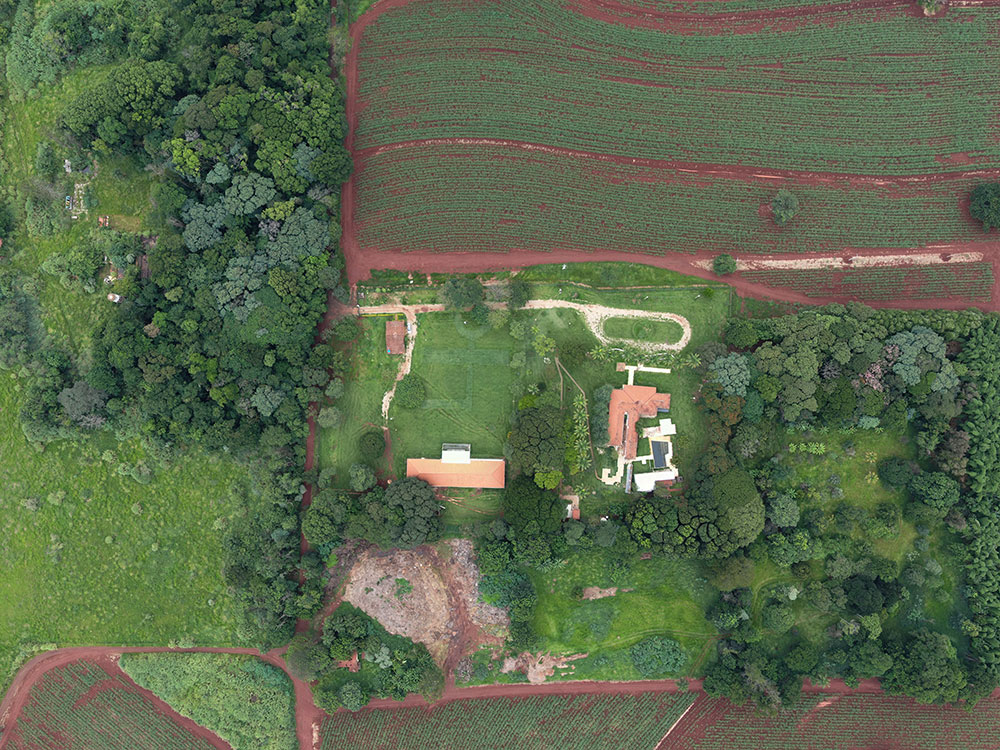
Check below which are the six projects planned by the partnership, according to information released by Unicamp:
1-) Modeling and monitoring of photovoltaic plants with “digital twins”
The objective is to develop mathematical models and tools for simulating and monitoring photovoltaic plants with “digital twins”. The tools will make it possible to predict energy generation and losses based on the modeling of degradation phenomena and other factors that influence the performance of photovoltaic systems.
The creation of mathematical models and software tools will improve the design and sizing processes of photovoltaic plants, as well as allow monitoring of results and maximizing the efficiency of these systems.
2-) Research of methods and development of a device for detecting and interrupting DC arc faults in photovoltaic systems
In this project, systems based on hardware and software will be researched and developed for detecting electric arcs in photovoltaic systems. Electric arcs are the main causes of fires and material losses in photovoltaic plants.
The result of this project will be a device that can be used in new projects or added to existing solar plants and that will increase stability and safety in the operation of photovoltaic plants.
3-) Performance monitoring, anomaly detection and LCOE analysis in photovoltaic plants
The objective of this project is to develop a software tool for monitoring performance and detecting defects and anomalies in photovoltaic solar power plants, in addition to allowing the analysis of the economic return of these systems.
The results of this research could improve planning for the operation and maintenance of photovoltaic plants, allowing for cost reduction and maximizing the results of these projects. More broadly, the results will contribute to expanding the participation of solar energy in the Brazilian energy matrix.
4-) Reliability of photovoltaic inverters: thermoelectric modeling, damage assessment and failure prediction
In this project, comprehensive thermoelectric modeling of crucial components such as semiconductor switches and capacitors in DC-AC converters (inverters) used in photovoltaic plants will be developed.
The impact of some attributes (for example, input power, DC link voltage, switching frequency, ambient temperature) on the reliability of inverters for photovoltaic solar energy applications will also be analyzed. The results of this project will increase knowledge about the reliability and useful life of photovoltaic inverters.
5-) Research and development of testing, evaluation and classification methodologies for photovoltaic inverters
In this project, test methods will be developed to evaluate the quality of photovoltaic inverters. The ultimate goal is to develop an inverter testing program to create a ranking of equipment, providing valuable information for consumers, designers and investors of solar plants.
Considering that the inverter is the equipment in the photovoltaic system with the highest failure rate, it is essential and challenging to have the ability to measure the quality of photovoltaic inverters supplied by different manufacturers, checking whether this equipment meets specifications and whether it has protection and safety features. reliable, if they are capable of operating at high temperatures without presenting power reduction, if they have good thermal management in order to protect the internal semiconductors and if they are immune to humid atmospheres, among other things.
6-) Platform blockchain for the digital battery passport and its respective contribution to unveiling aging mechanisms during the first life and its consequences in the second use
The project aims to resolve some limitations in the literature related to energy storage systems built with second-life batteries.
The project will result in: a battery classification system according to risk level, a system capable of assigning a unique identifier to batteries, a study of batteries in fast charging scenarios, a proposal of new strategies for discharging batteries second-life, transport and classification and the development and validation of thermal management techniques for batteries.
These strategies focus on increasing safety and reducing time and cost. The models developed in this project make it possible to predict the maintenance of second-life batteries, extending their useful life, increasing their safety and reducing environmental impacts.


